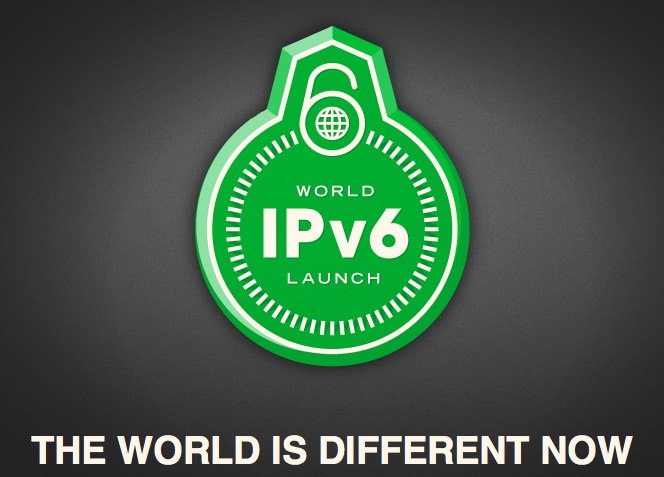The ITU Plenipotentiary Conference 2010 (PP-10) recently concluded. The conference took place in Guadalajara, Mexico from Monday the 4th to Friday the 22nd of October, 2010. Many in the Internet community have long expected that this conference would focus heavily on what the ITU often calls ICT (Information and Communication Technology), what most of us would call the Internet. The content did not disappoint. You may find it strange then, that the ITU scheduled their conference to (almost perfectly) overlap the meetings of four key Internet organizations.
The joint ARIN XXVI & NANOG 50 meetings were held Sunday, 3 October through Friday, 8 October in Atlanta, GA, USA and the joint LACNOG 2010 & LACNIC XIV meetings took place from October 19 to 22 (Tues. through Friday) in Sao Paulo, Brazil.
Is this an interesting coincidence or evidence of intentional exclusion? Since both NANOG and ARIN have held their fall meeting in October consistently since 1999 (12 years running), this scheduling demonstrates complete indifference at a minimum and certainly hints at a deliberate preclusion of our participation.
More than just a scheduling conflict, this behavior is endemic of the ITU’s recent (and not-so recent) behavior towards the established pillars of Internet self-governance in general. Which is why the outcome of PP-10 (as it relates to Internet governance at least) is so interesting. That outcome was summed up very nicely by Monika Ermert in a great Intellectual Property Watch article:
Non-governmental organisations have criticised the ITU for many years and the internet self-regulatory bodies looked at the ITU as interested in “taking over.” With the formal acknowledgement of private domain regulator ICANN, the IP-address allocating RIRs, the Internet Engineering Task Force and the World Wide Web Consortium – standardisation organisations for the internet protocol and the Web respectively – in its plenipotentiary documents, the ITU might be seen as giving up its claim as sole representative for future networks. But how much will the ITU give up?
I heard this summed up even further by another observer: “We live to fight another day.”
The Internet community has won specific acknowledgment from the ITU. This should at least mean no more blatant scheduling conflicts and hopefully no more calls for elimination of (or complete control over) ICANN, the RIRs, etc. It is very likely that this is a double edged sword however, as it effectively creates a partnership between these Internet organizations and the ITU.
In addition to recognizing our community and forms of self-governance, the ITU is now specifically required to perform several tasks directly related to Internet governance. Among them are:
- “to assist Member States which require support in the management and allocation of IPv6 resources”
- “to undertake detailed studies of IP address allocation for both IPv4 and IPv6 addresses.”
- “to study and monitor current allocation mechanisms, identify any flaws arising and communicate proposals for changes to existing policies”
It appears that we are now undeniably in bed with the ITU for the foreseeable future. All of the educational and advisory machinery that was spun up by ISOC, ICANN, the RIRs and others will now most probably have to remain in place. This new partnership likely requires that we maintain a near continuous state of educating ITU Member States and staff about the Internet. Without this ongoing effort, we may have a very difficult time avoiding results which are politically driven rather than operationally driven.
Good-by open battle, hello deadly embrace?






Interesting summary, thanks Chris. But disappointing.
To be perfectly frank I was hoping that the ITU would act as a disruptive influence to create some near-term re-organisation of the RIRs.
As a small IT company owner, I cannot exercise any form of choice in applying for allocations; I either have to pay the outrageous ( and unaffordable, for me ) “membership” fees to become an LIR or I have to live on the morsels that another LIR feeds me, with no guarantee of continuity or multihoming.
A non-geographic RIR was really my last hope for the overhaul of this comfortable cabal.